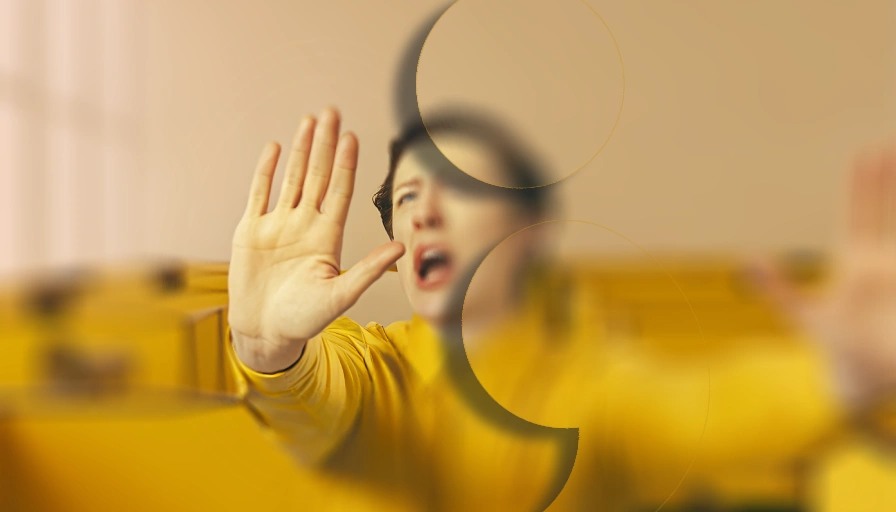Como última característica esencial del burnout, tenemos la pérdida de realización personal.
Esta es la que se va asomando a medida que la despersonalización toma lugar en nosotros.
Empezamos a evaluar nuestras capacidades, fortalezas y desempeño de forma negativa.
La ambición, el deseo de crecer, escalar, emprender se desdibujan de nuestra mente, porque esto es solo posible con una idea positiva de nosotros mismos, y en este punto, no tenemos esa energía creativa y motivadora disponible.
Se va creando un ciclo donde cada parte que define el burnout se retroalimenta de la otra.
El agotamiento emocional lleva a la despersonalización, y ésta a la pérdida de realización personal.
El burnout, aparte de significar una total falta de energía, también lleva consigo disminuir nuestra autoestima y la imagen de nosotros que en otro momento ha sido positiva e inspiradora.
Como vemos, tomar la decisión consciente de hacer pausas, descansos, darnos el espacio de recuperarnos emocional, mental y físicamente, va mucho más allá de vivir con menos estrés, o menos acelerados. Tampoco tiene todo que ver con ser más productivos.
Prevenir el burnout refleja una persona sana. Que conoce sus límites, los respeta, y también tiene como prioridad cuidarse y sentirse bien.
Más productividad no significa más cansancio.
Más productividad significa mejor manejo del tiempo.
Mientras más me cuido, más produzco. Soy más efectivo. Más enfocado. Y mejor me siento.
Si necesitas ayuda para saber qué pasos tomar, completa el formulario al final de este artículo y podrás coordinar una cita con uno de nuestros especialistas en burnout.







